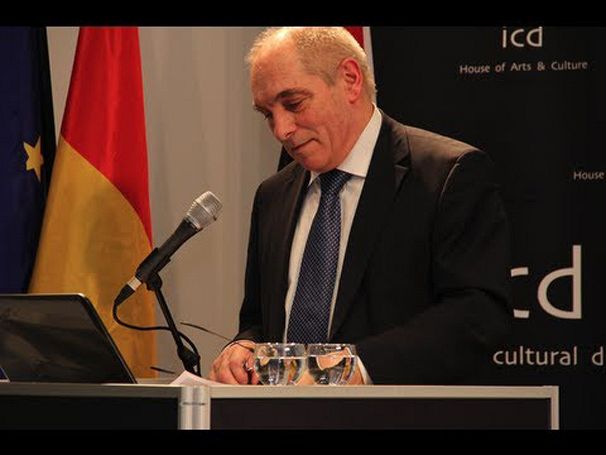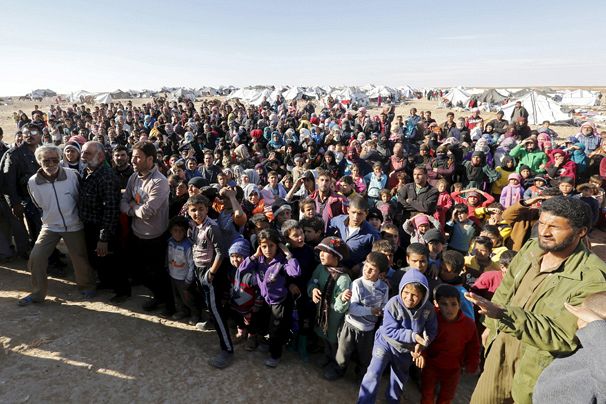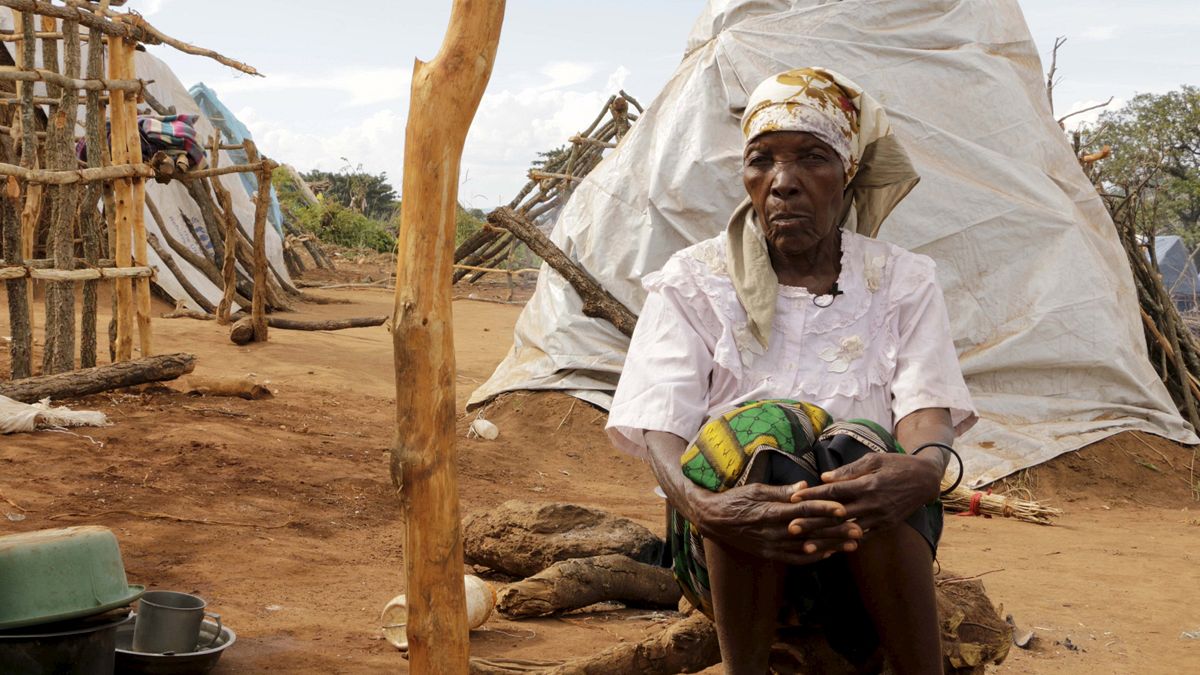“The re-evaluation of core European values is inevitable if we are seriously committed to integrating refugees,” says György Tatár, international expert in the prevention of mass atrocities in an interview with euronews.

Anna Flori, euronews:The mass atrocities in Africa, in the Middle-East and in Asia have generated a huge crisis in Europe and it feels like we are running out of time. Both Europeans and refugees seem to be losing their patience. Do you think Brussels will be able to take control of this fragile situation before the fundamental institutions of the European Union collapse as Donald Tusk said some weeks ago?
György Tatár: “I am optimistic. I believe that we can find collective answers to these exceptional challenges. The tension is getting higher and higher in the member states. More and more people are changing their mind about refugees and are now saying that they should leave. Also, more and more people are against letting the hundreds of thousands of refugees enter Europe. That’s why we, Europeans, must reach a consensus about certain fundamental issues as soon as possible. If we can do this, then I am confident that we shall be able to handle the situation, which will be extremely difficult otherwise, and could even lead to mass atrocities in the long term.”
Anna Flori, euronews:Mass atrocities in Europe, is the situation that serious?
György Tatár: “Yes, ignorance and fear are doing their bit everywhere. That is why it would be so important to help the refugees not only with food or drink or shelter, but also with information and education. It is important to show and make them understand the rules they have to follow in Europe. It is in their interest, too. Otherwise their stay can lead to tensions with unpredictable consequences. Those who choose to leave after getting all the necessary information, and those who can not get asylum/refugee status, should be sent home as soon as possible or somewhere with same ‘cultural conditions’ as they lived in before.”
Anna Flori, euronews:This is what most of the member states do agree with. We have to decide who can stay, the others have to go home as soon as possible. But the question remains – who will organise all this? It really seems like we’re all hoping for a collective, European solution but nobody really believes that it’s possible to find one.

György Tatár: “I’m absolutely sure that the member states won’t be able to cope with the refugee crisis on their own in the long term. Like it or not, we have to work together on it. Administrative and exlusive measures are not the only way to solve our problems, even if we have to accept that we need to use some of them. The indignation of Europeans is growing alongside their fears. [German Chancellor Angela] Merkel’s open doors policy to refugees is losing its support and in order to stop that, we should make the citizens feel safe again.
“We need to start intensive dialogue first of all between migrants and their hosts in the countries where they would like to stay, but dialogue is also needed between those of our citizens welcoming migrants and those who would send them away. And those who wish to make refugees stay have to be open to a dialogue on sensitive human rights issues affected by the crisis.
“It is sad, but it is a fact that the idea of a multicultural Europe, in its original sense, belongs to the past. People coming from a completely different society must adopt different rules and habits and different relations in society. They have to respect this. Of course that does not mean that their background is disregarded. But they have to accept that the rules of the receiving country override those of the home country. Just as in their home it is also required for people coming from abroad to respect the local laws and habits.
György Tatáris the Director of the Budapest Centre for the Foundation for the International Prevention of Genocide and Mass Atrocities which is a non-governmental international entity with unique technical and political expertise in the fields of conflict prevention, human rights and international and humanitarian law.
